If you fill out the "Forgot Password" form but don't get an email to reset your password within 5-10 minutes, please email logistics@ire.org for assistance.
With the 2024 elections right around the corner, IRE is offering a new series of webinars, workshops, panels and hands-on classes to help equip journalists to better cover local, state and federal elections.
Join us for "2024 Elections - Where to begin?" at 1 p.m. ET on November 3 to kick off this series. Hear five experienced journalists from diverse backgrounds and platforms talk about where to begin covering the elections:
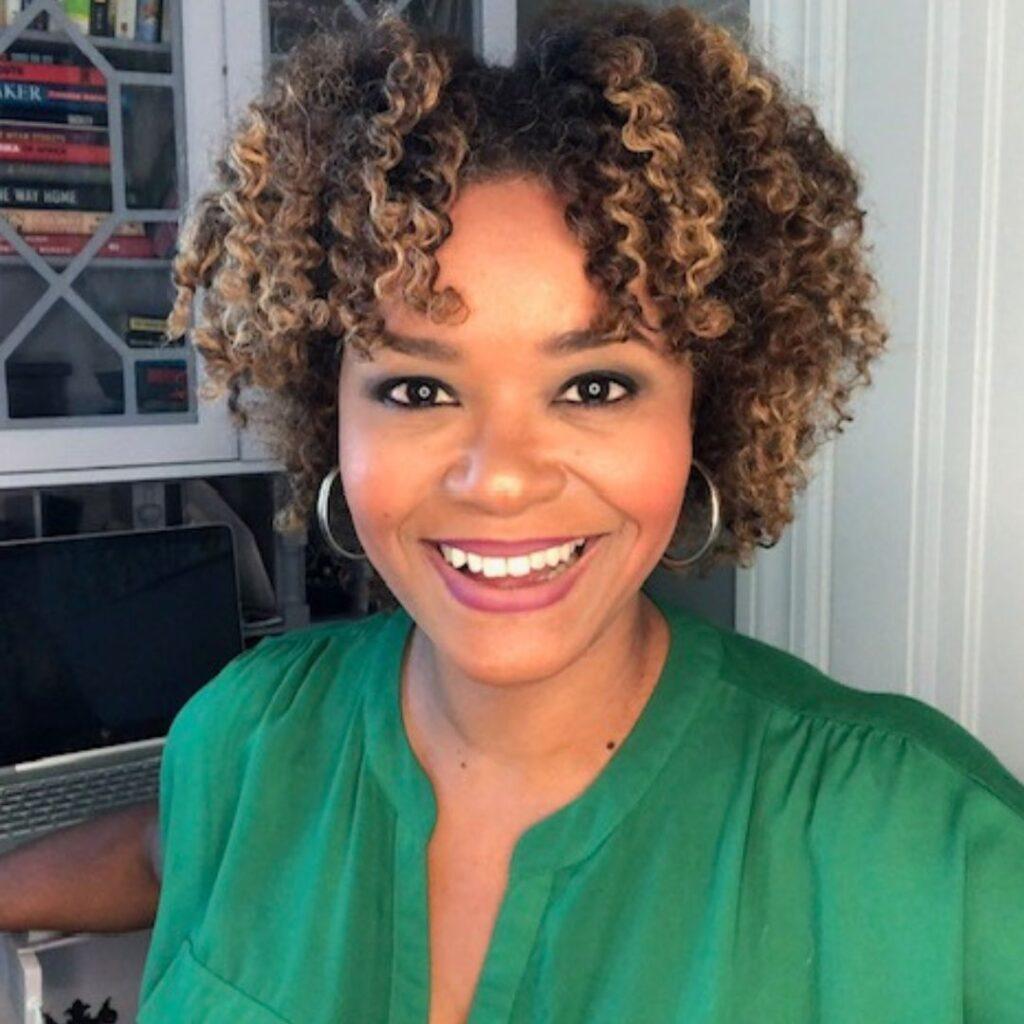
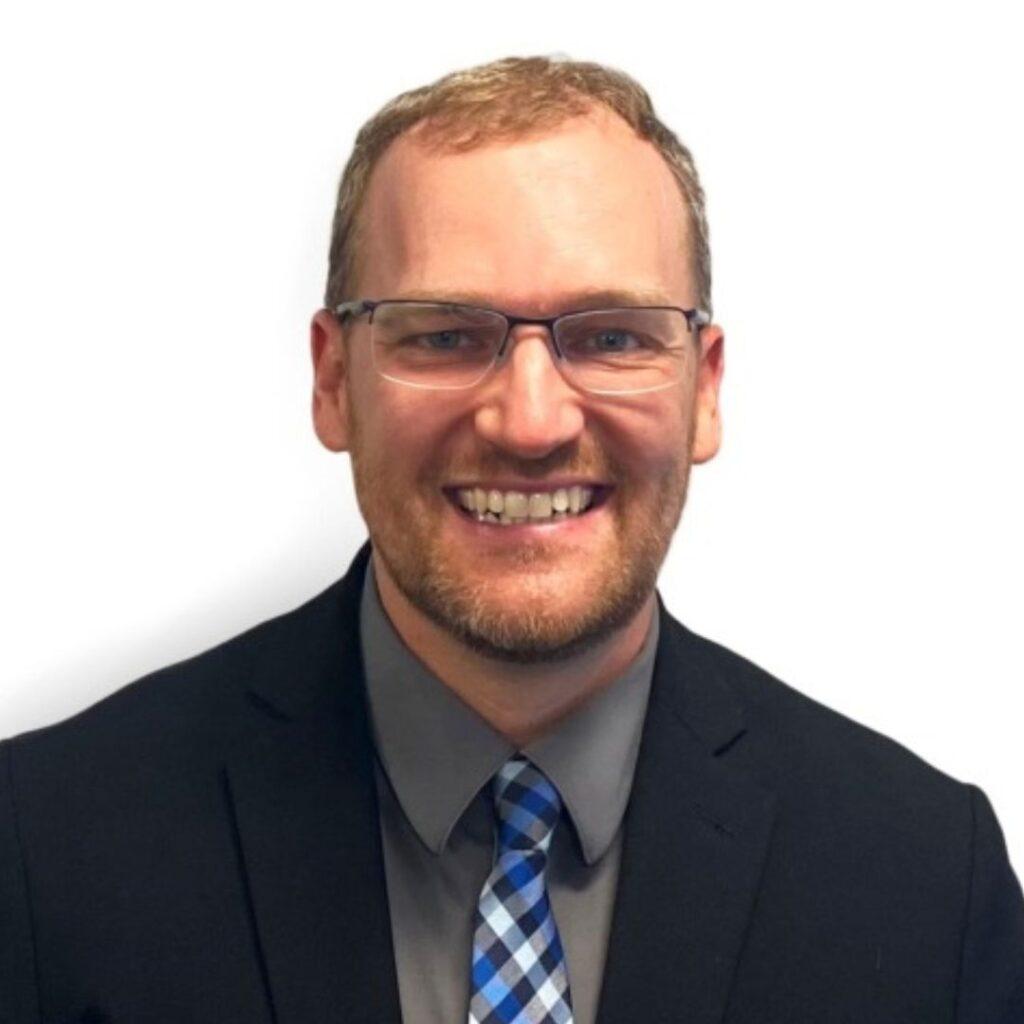
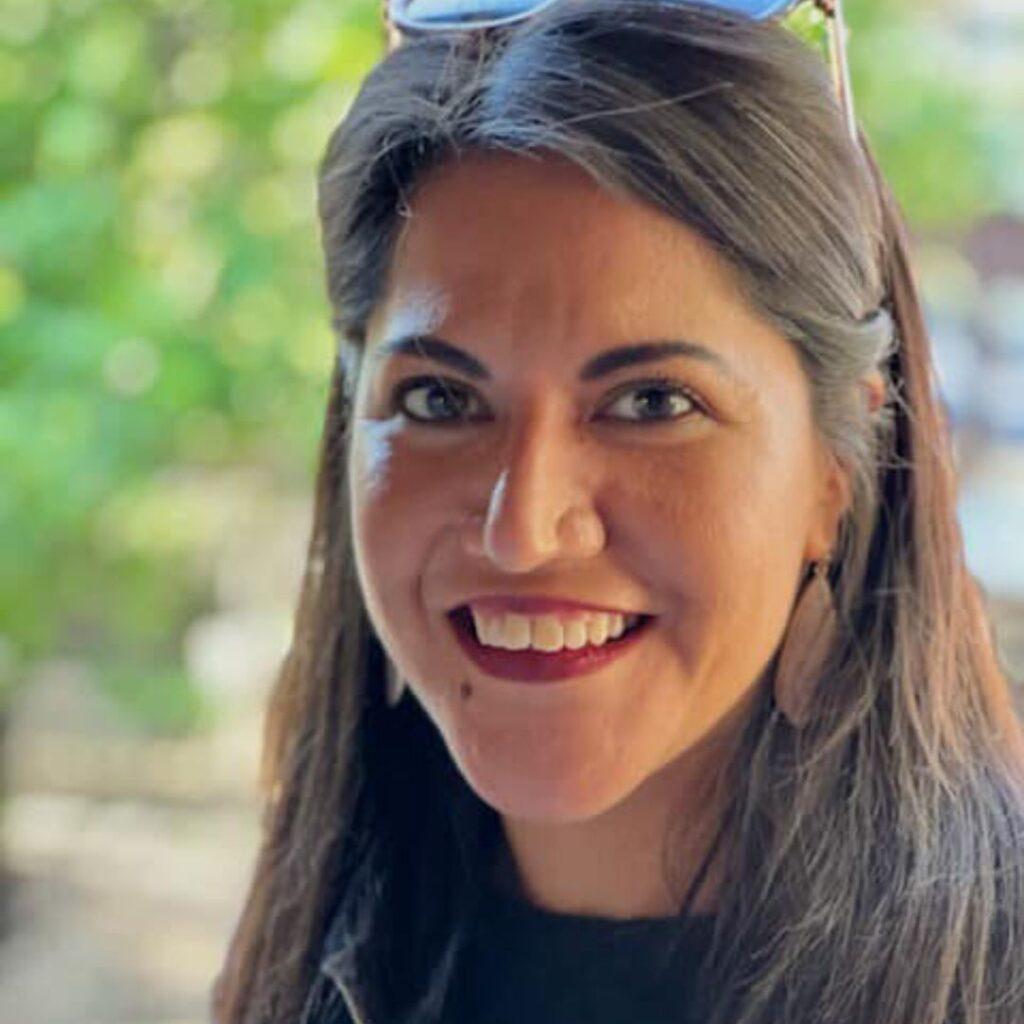
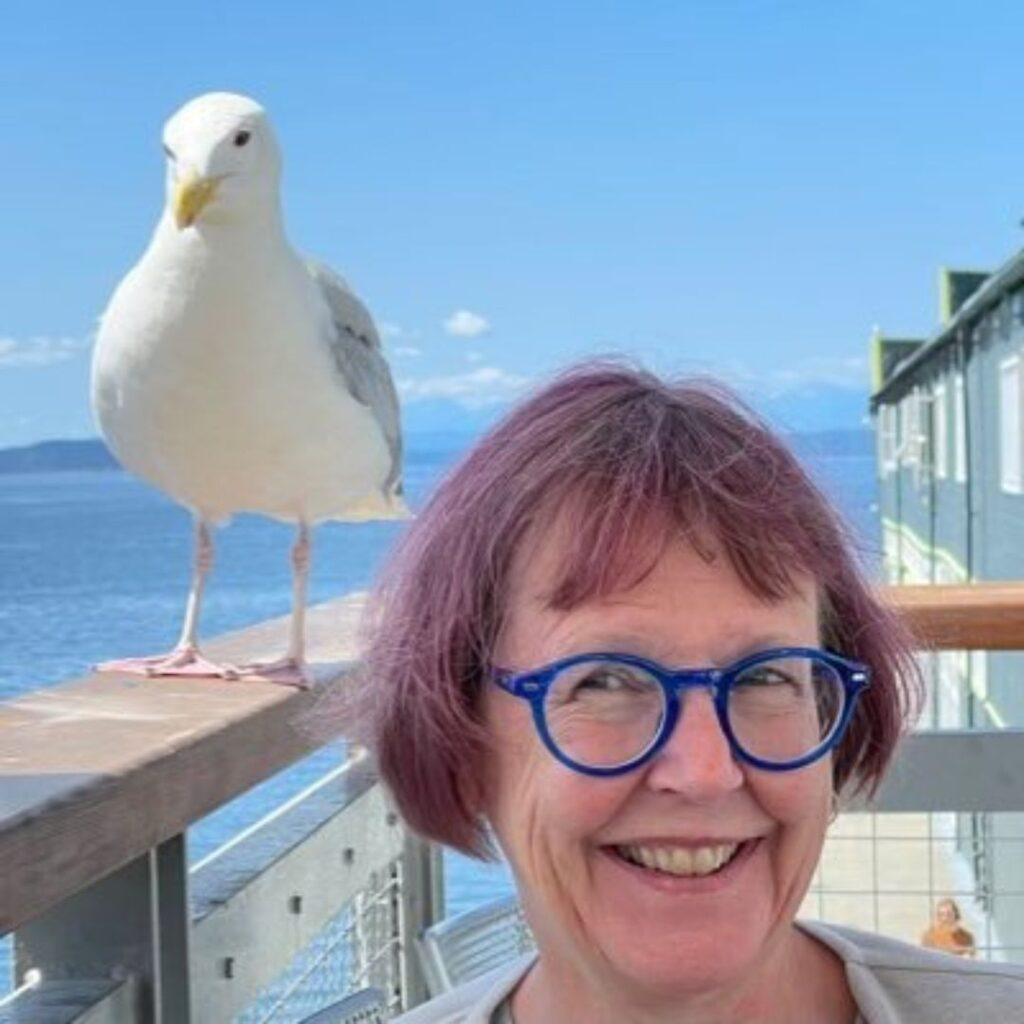
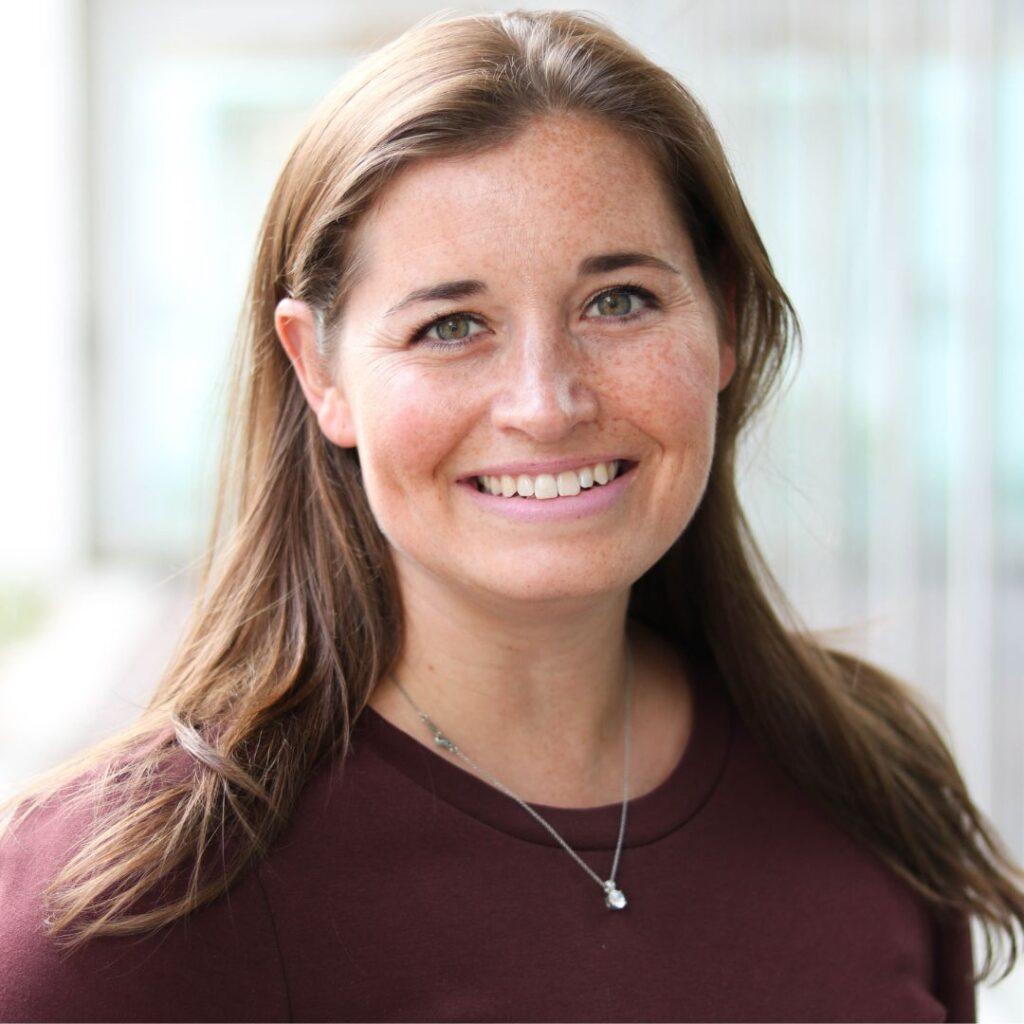
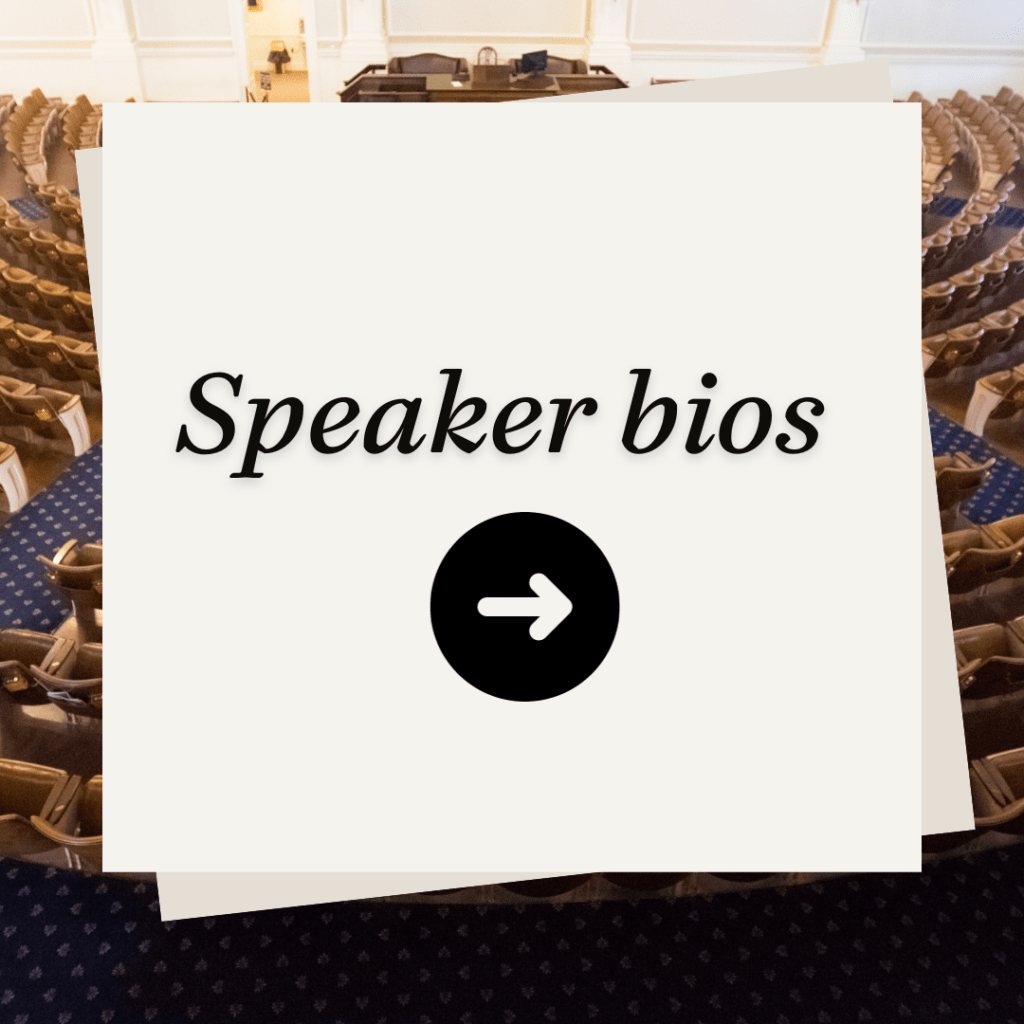
This free webinar is only for IRE members. If you are a member, you can register here. If you’d like to become an IRE member, join here.
In the coming year, IRE will gather experienced journalists to lead sessions on how to background political candidates, develop story ideas for local elections, analyze campaign finance data, investigate voting rights violations and more. Many of these workshops will be free to IRE members. Sign up for IRE’s biweekly newsletter, Quick Hits, to learn about what’s coming up next in this series.
"Informed citizens are essential to democracy, and journalists are essential to ensuring citizens are informed," said IRE Executive Director Diana Fuentes. "IRE is committed to providing journalists across the United States with accessible, affordable training and the tools they need to cover the volatile 2024 elections. It's tough but exciting work, and we're here to help."
United States Senate candidate and state senator Joni Ernst has cited her National Guard duty to rebuff criticism for missing more than half of the votes in the Iowa Senate this year.
In a WHO-TV interview posted on April 7, the Red Oak Republican acknowledged that National Guard service wasn’t the only reason she’s missed votes, but she said that only “a few of those votes were due to other activities.”
However, a review by The Gazette (Cedar Rapids, IA) shows very little overlap between Iowa Senate votes and her National Guard service.
Read the story here.
The finding in an Office of Legislative Audits' report criticized the State Board of Elections, saying the agency "did not have an effective process to ensure that individuals serving a sentence for a felony
“Long before the term "Super PAC" entered the national lexicon of campaign finance, unauthorized committees — those acting in support of but without the expressed approval of candidates — gave donors a means to skirt limits that New York places on those donating directly to candidates.”
The Minneapolis Star Tribune reports: "If candidates for mayor of Minneapolis were running in Boston, they would file a report online of their campaign contributions every two weeks for six months before the election. If they were running in Seattle? Once a week. And in a range of other cities with a mayoral election this fall, they would have shared their donor lists at least four months before voters go to the polls. Instead, contenders in the first open-seat race for Minneapolis mayor in 20 years have received contributions for as long as eight months without having to disclose a single detail to the public, and they won’t release their first campaign finance reports until Sept. 3. Campaign-reform advocates and some candidates say that the system is outdated and that it lags the rest of the country, creating “data dumps” that hinder the public from learning the information in a meaningful, timely way."
A special report by The Star-Ledger exposes how one politically connected engineering firm parlayed campaign donations into millions of dollars in public contracts, all the while keeping the scheme hidden from the public. An analysis of the records, meticulously kept and numbering 137 pages, found Birdsall made more than 1,000 secret campaign contributions worth in excess of $1 million to politicians of all stripes and in all corners of New Jersey. At the same time, the company cashed in on more than $84 million in public contracts.
"Amita Sharma and Ryann Growchowski, with inewsource and KPBS, audited ads in the San Diego Union-Tribune every day between Labor Day and Election Day 2012 and compared the list with campaign finance records. The results show varied payments for ads, indicating the U-T may have offered bargains to the anti-Filner campaign and to other candidates and issues the newspaper endorsed."
Update: California's Fair Political Practices Commission (FPPC) has said that "an investigation has been opened on this matter," regarding UT San Diego's political ad rates during the 2012 election season.
"Within 2½ weeks, 2,552 online requests arrived from voters who had not applied for absentee ballots. They streamed in much too quickly for real people to be filling them out. They originated from only a handful of Internet Protocol addresses. And they were not random. It had all the appearances of a political dirty trick, a high-tech effort by an unknown hacker to sway three key Aug. 14 primary elections, a Miami Herald investigation has found.”
"The total they found was $363 million or $20 in political spending for each of California’s 18.2 million registered voters."
"Peter Costello, a felon convicted of racketeering and fraud in 1998, has no right to vote because his civil rights never have been restored.But that didn’t stop the registered Republican from casting a ballot in the Aug. 14 primary, and, he said in an interview with The Palm Beach Post, submitting an absentee ballot for Tuesday’s election."

Looks like you haven't made a choice yet.